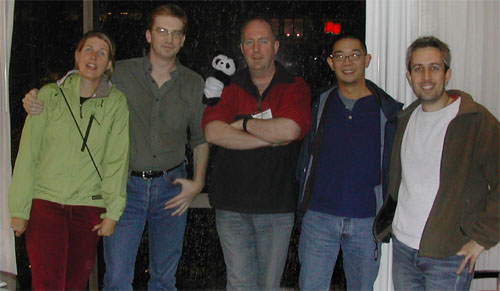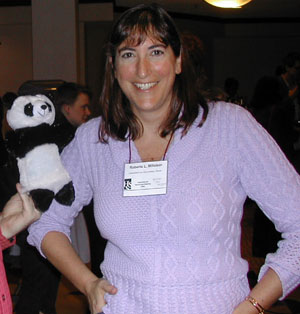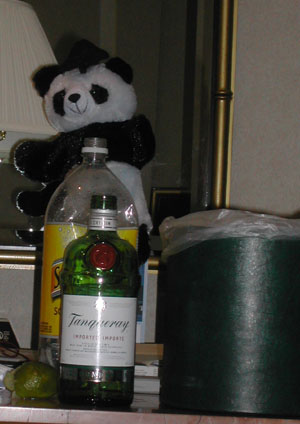Yeah, I’m grading. (Maybe you would be too if you weren’t reading the blogs, hmm?) But I wanted to check in.
- I pulled my back loading the car for the last soccer game of the season. What’s the proper inference to draw from that (besides the obvious: that I’m getting old and all this grading is doing nothing for my muscle tone)?
- How is it that if I make assignments at school they often are left undone, whereas if I make assignments on my blog, people do the work and turn it in? (Are we now awarding ScienceBlogs course credit?)
- As much as I hate feeding capitalism (seriously, ask these guys) and consumerism, I do like nurturing the interests of the young in positive directions. So, to balance the bad stuff out there on the market, I’m putting together a round up of brain-friendly gift ideas for the youngsters. My question to you: What games, toys, or other giftables would you recommend for a kid who may or may not have an interest in math and science? Tell me by email (and expound on why your suggestion rocks), and I’ll compile a list of the favorites to go up in the neighborhood of Buy Nothing Day. (You can research on Buy Nothing Day, I think).
More when I emerge, victorious, from the stack of papers.




